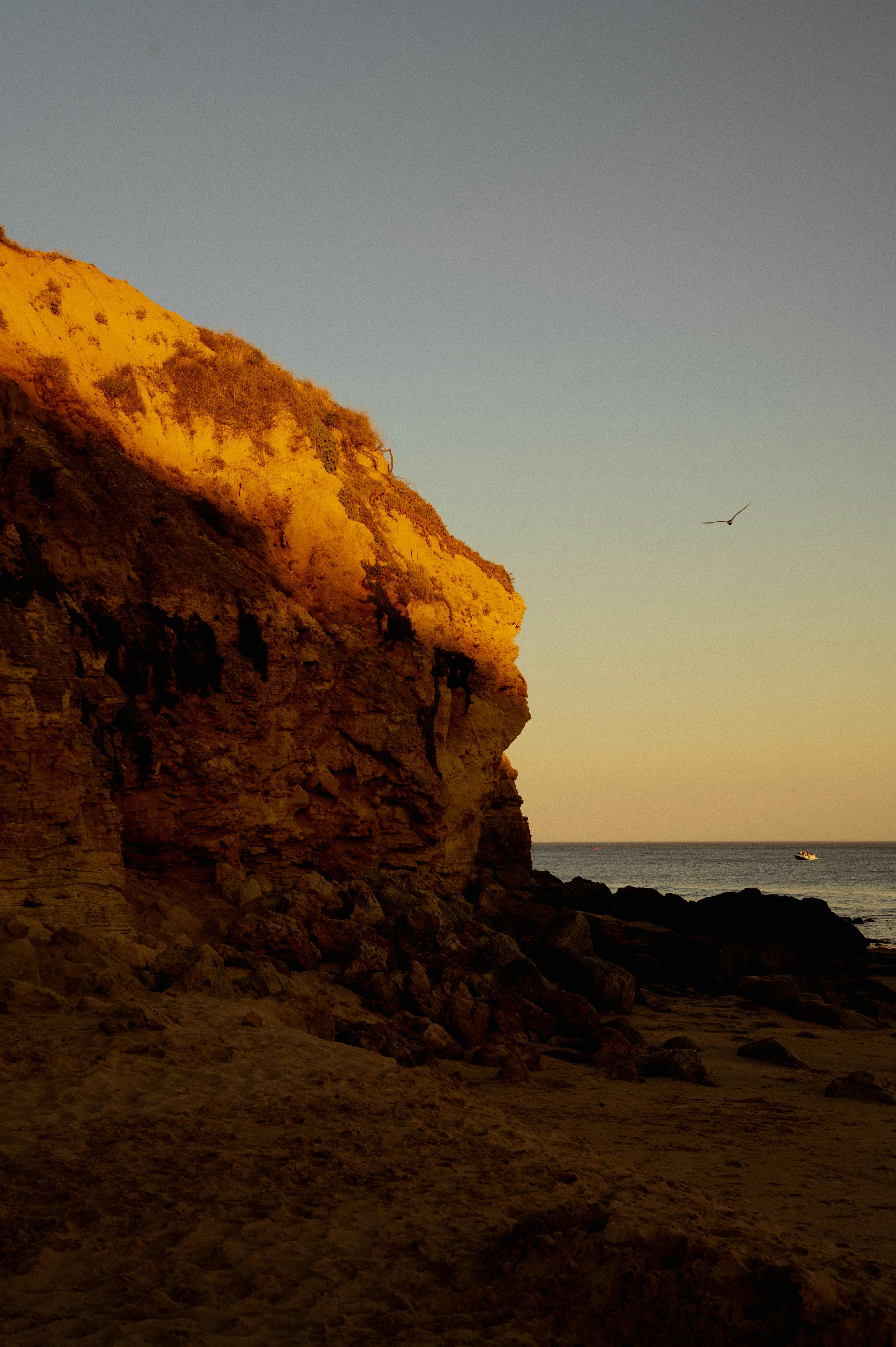Flightin' High, But Carbon's Bleeding: Russia's Contentious Role in CORSIA
Parliament suggests mitigating potential price surges in "green" aviation fuel flights
In the high-flying world of international aviation, carbon emissions have become a hot topic, and Russia's part in the mix is as heated as a summer's day in Siberia. The Carbon Offsetting and Reduction Scheme for International Aviation (CORSIA)—a worldwide initiative led by the International Civil Aviation Organization (ICAO)—aims to offset carbon emissions from international flights, striving for carbon-neutral growth in aviation.
Russia, a member of the ICAO, was on board back in 2016, agreeing to the CORSIA system's establishment for international civil aviation. The plan? Increase fuel efficiency by 2% by 2050 and stabilize CO2 emissions from 2020. The rules, initially, were to be applied on a voluntary basis until 2027, but mandatory enforcement was looming beyond that date.
However, Russian airlines felt the heat, as noted by a deputy, who highlighted the additional costs they'd face from CORSIA. According to ICAO resolution A41-22, airlines would pay for CO2 emissions over the baseline level (85% of the 2019 level). These added costs could potentially drive up ticket and cargo prices, harming the competitiveness of Russian aviation fuel production and supply.
Enter the idea of low-carbon aviation fuel (LCAF or SAF) production in Russia as a potential solution. But catch a twist, as companies from unfriendly nations currently dominate the verification process, according to the deputy, who sought ICAO recognition for Russian aviation fuel's ability to reduce its carbon footprint.
Fast-forward to 2022, and Russia declared its independence from ICAO resolution A41-22, which outlines criteria for assessing emissions for the CORSIA system. Russia's representative argued that compensation measures hold no water in the face of unilateral sanctions against international civil aviation.
In all this drama, Russia's stance on CORSIA and its dedication to carbon-friendly aviation fuel production remains murky, leaving us hanging for more clarity.
Wanna stay updated on the juicy gossips in the world of politics, fuel, and air transport? Buddy up with our Telegram channel @expert_mag
- The Carbon Offsetting and Reduction Scheme for International Aviation (CORSIA), a global initiative, aims to tackle carbon emissions from international flights, striving for carbon-neutral growth in aviation.
- Russia, a member of the International Civil Aviation Organization (ICAO), initially agreed to the CORSIA system's establishment for international civil aviation, aiming to increase fuel efficiency by 2% by 2050 and stabilize CO2 emissions from 2020.
- However, Russian airlines have expressed concerns about additional costs resulting from CORSIA, as they would pay for CO2 emissions over the baseline level (85% of the 2019 level).
- To mitigate these costs, the idea of low-carbon aviation fuel (LCAF or SAF) production in Russia has been proposed as a potential solution, but faces challenges due to the current domination of the verification process by companies from unfriendly nations.
- In 2022, Russia declared its independence from ICAO resolution A41-22, which outlines criteria for assessing emissions for the CORSIA system, citing unilateral sanctions against international civil aviation as justification.
- As the industry, environmental-science, finance, and energy communities await Russia's clear stance on CORSIA and its dedication to carbon-friendly aviation fuel production, the situation remains unclear and warrants further investigation.








